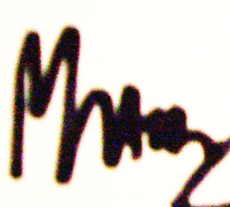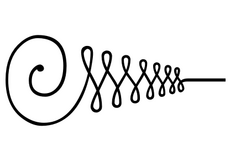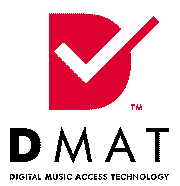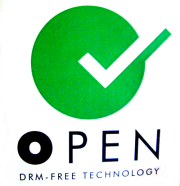So on the IP::JUR — an important WIPO and international IP high-protectionist weblog — there’s quite a bit of concern about this recent campaign booklet by ATTAC.
Unfortunately, I can’t read German anywhere near well enough to make my way through the booklet so I can only read what Horn, the blog’s author, has to say about it.
If you read the post, you’ll see that there is real fear from the high protectionist crowd that this is a step towards unification of what has been a rather broad and separate set of anti-patent movements — and in a way that is even more frightening to the high protectionists, a wide range of groups critiquing different types of IP.
Whether or not real steps along these lines have actually been made, I think it paints a picture of a solid strategy we should pursue — and not just because it strikes fear into the heart of "our political adversaries." In dealing with patents, the anti-software patents folks have a lot to gain from joining hands with the access to essential medicine folks and we’ve both got something to gain from working with groups challenging patents — and other types of IP — in a host of other fields.
Part of the reason that IP is so strong right now and so highly connected to international trade’s legal and policy apparatuses is that folks from a wide range of vastly different industries working with what is vastly different types of law (trademark, patents, copyrights and trade secrets are very different) were able to promote a single concept — a banner — of "intellectual property" under which they could rally and join forces. Our potential for success in deconstructing these system may lie in part in our ability to use tools and terms in the same ways to create an anti-IP or IP-reform movement that is more powerful than any single group’s interest and that ultimately will be more effective than what any group could achieve on its own.
I think it’s interesting to see real recognition from the other side of our success so far and our potential for continued success that places us in a place of an adversary that is no longer ignorable. I think this one is ours to lose.
The article ends with:
Another interesting question in response to this booklet is the connectivity between copyright affairs, on the one hand, and patent affairs, on the other hand. Can the IP system be defended only in its entirety or will there be a considerable shear stress from groups defending the copyright system but not the patent system, and, not to forget, vice versa?
Patents and copyrights can no longer to discussed, attacked, or defended separately and the IP industry only has themselves to blame. TRIPS was one step toward collapsing the two concepts into a single conversation but the work of software companies in recent years has cemented any ambiguity.
This question will be answered in the realm of free software which, whether we like it or not, sits at the intersection of, and is highly influenced by, both patent and copyright policies. The free software crowd is going to fight both because we have to for our survival. I think that if we learn to work with others in other camps and in both areas, the effect will go well beyond the world of software. Which is exactly what they fear.





